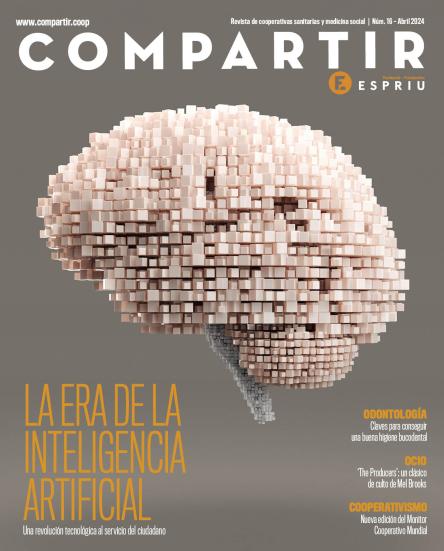
There is increasingly more life before, during and after cancer
There are hundreds of diseases of this type that affect almost 300,000 people in Spain every year; figures that are now suggesting the concept of living with the disease.
The word “cancer” is one of the most feared by many patients who visit doctors and hospitals. The English expression ‘the C-word’ has been used to allude to a swear word in English, but also to refer to this disease, which has been turned into a virtually unmentionable taboo for a long time. However, increasingly, in our society we are aware that cancer no longer has to mean an end to life, but rather an unavoidable, complicated process that we must face up to and that it is possible, in a great many cases, to successfully overcome it.
If we go over the situation of the past few decades, recently the magazine The European Journal of Epidemiology published a study that confirmed how life expectancy has increased over the past twenty-five years in European countries thanks to the progresses made in the treatment and prevention of cancer, as well as those for cardiovascular diseases. In September of this year, the economist Frank R. Lichtenberg also published research carried out in Spain between 1999 and 2016 in Value in Health that allows us to conclude that the life expectancy of cancer patients in our country has increased by 2.77 years during the period studied (in 96% of the cases, thanks to the treatments using new drugs.)



